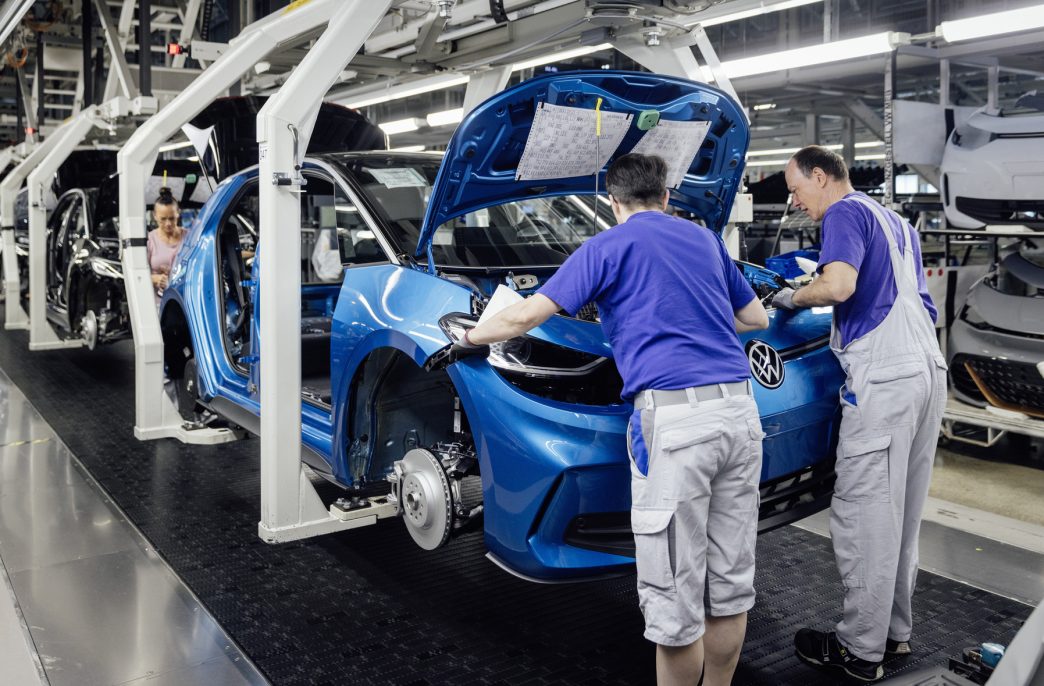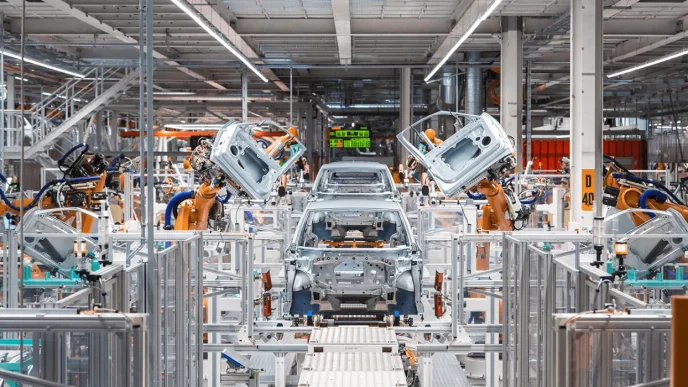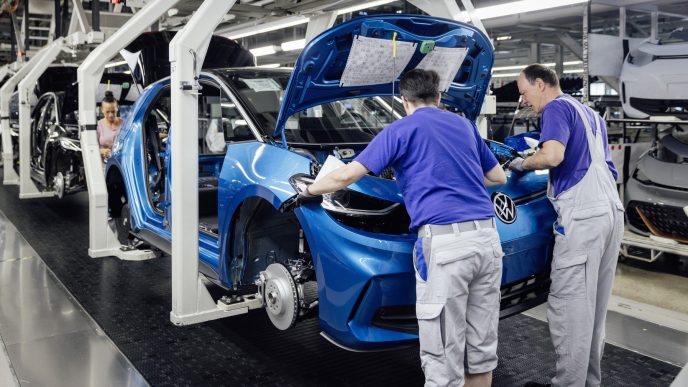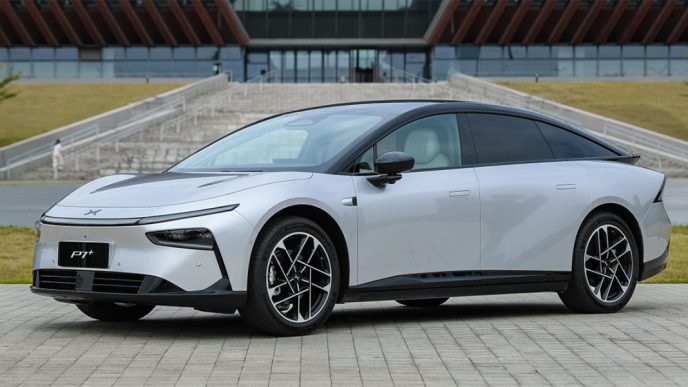Volkswagen (VW) has been considering closing its factories in Germany as part of efforts to reduce costs and secure its financial position. However, recent developments indicate the company’s supervisory board is now exploring options to keep the plants open, a move likely to be welcomed by employees and local labor unions.
Closing factories in Germany would be a historic first for VW, marking the company’s first potential move of this scale. The company faces intensifying competition, particularly from new Chinese automakers entering the European market. VW’s brand head, Thomas Schäfer, has stated that simply cutting costs is not a viable solution to the current challenges. For months, there has been ongoing tension between the company and unions regarding necessary cost-cutting measures.
Reports from Manager Magazin suggest that VW’s supervisory board had previously considered closing the Dresden plant, which employs 300 people, and selling the Osnabrück factory, which employs 2,300 workers. However, sources now report that the board leans toward keeping these plants open, as no potential buyers for the Osnabrück factory have been identified.
Despite this shift in stance, the future of these plants remains uncertain, with some board members still pushing for more aggressive cost-cutting measures. The Piech and Porsche families, key shareholders, are reportedly advocating for stricter cost reductions. The Osnabrück facility currently manufactures the Porsche Cayman, Boxster, and T-Roc Cabrio, but production of the T-Roc Cabriolet is set to end next year, and Porsche plans to shift production of the Cayman and Boxster to its site in Zuffenhausen. Meanwhile, the Dresden plant produces the ID.3 electric vehicle.
In early December, nearly 100,000 VW workers across Germany staged a walkout to protest proposed cost-cutting measures. In response, the IG Metall union has suggested a plan that would involve forgoing bonuses for 2025 and 2026 and reallocating funds from wage increases to finance temporary reduced working hours during times of overcapacity. These measures could potentially save the company around €1.5 billion ($1.6 billion).











